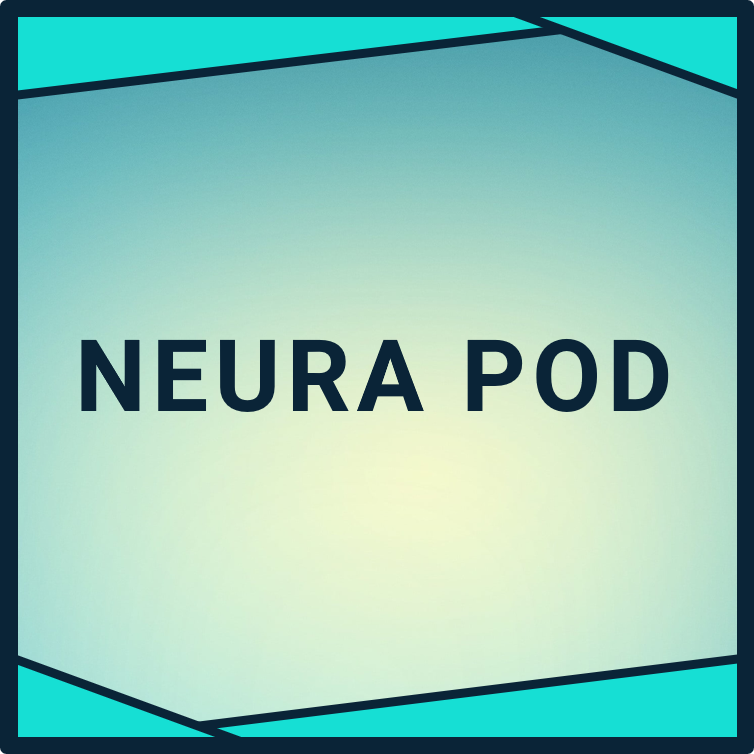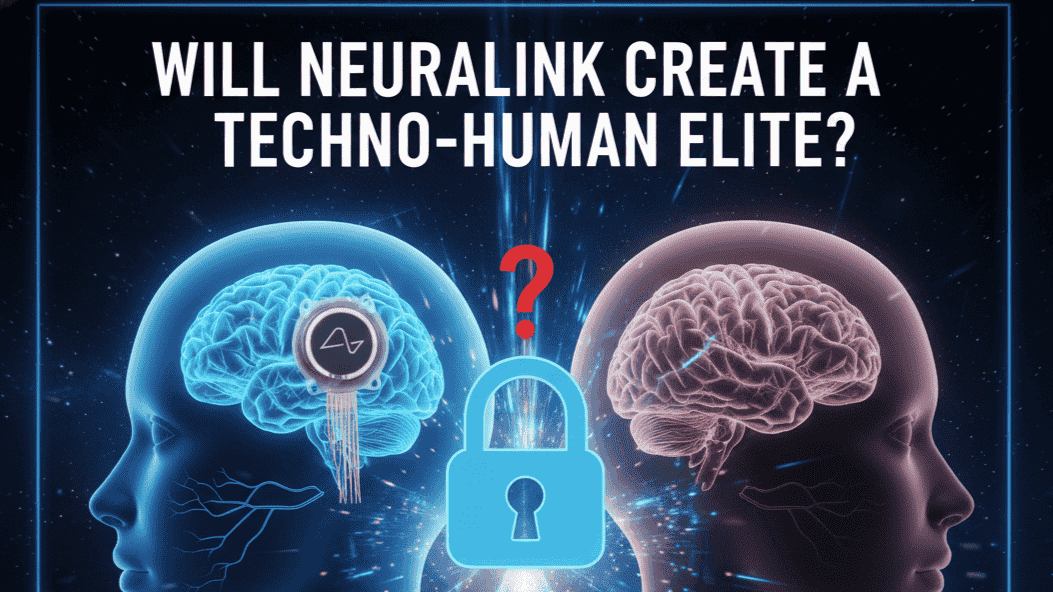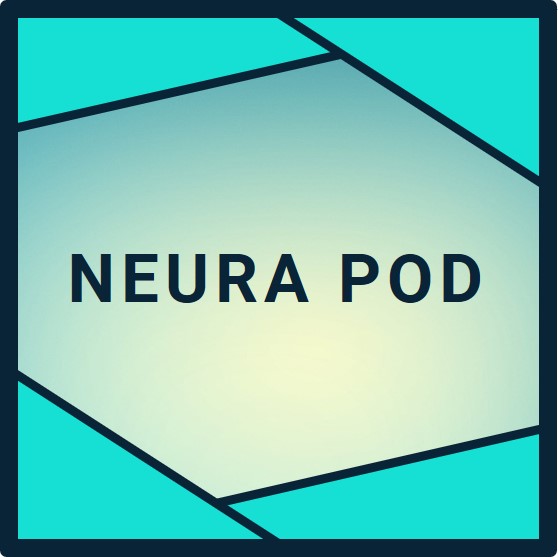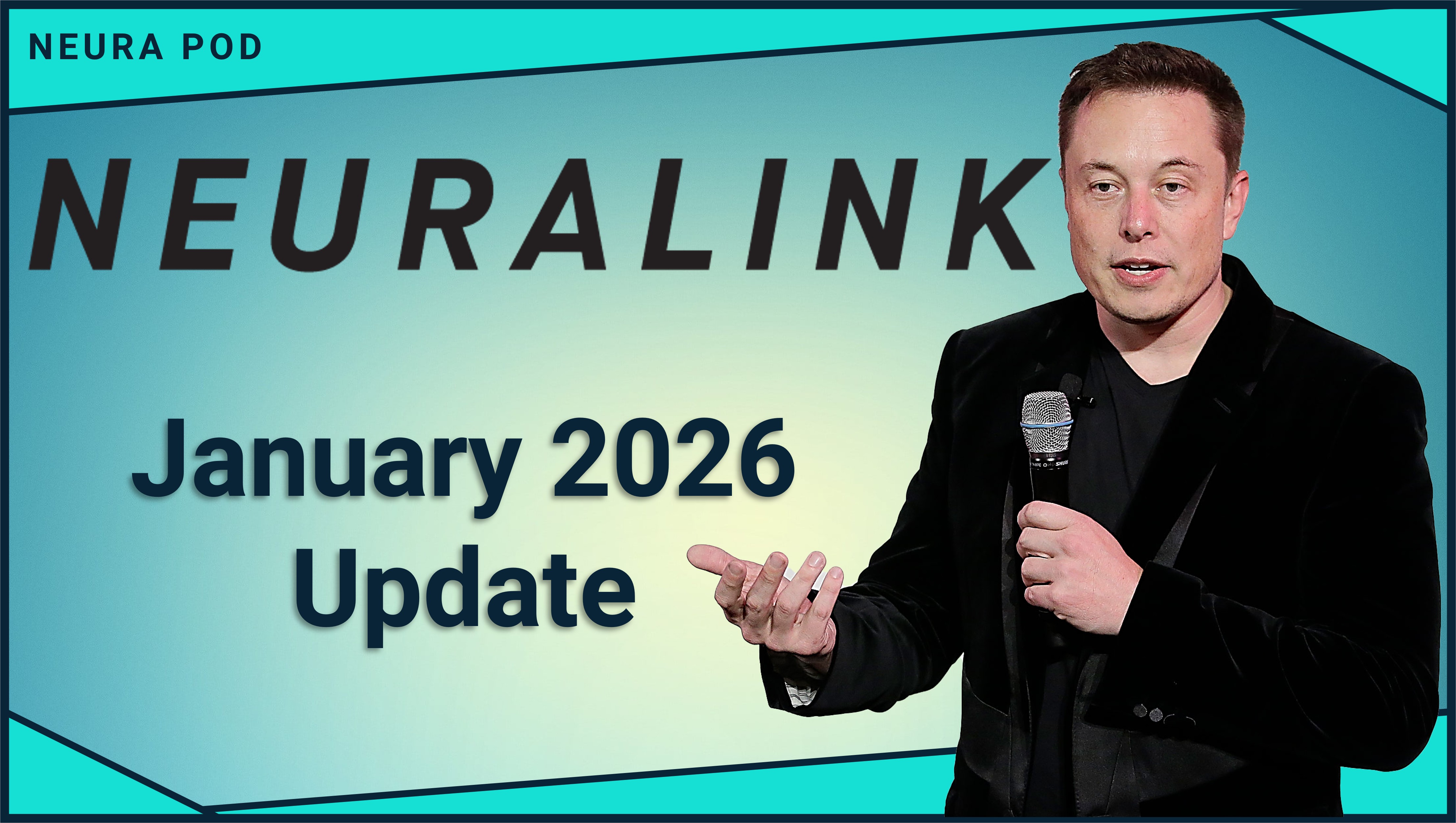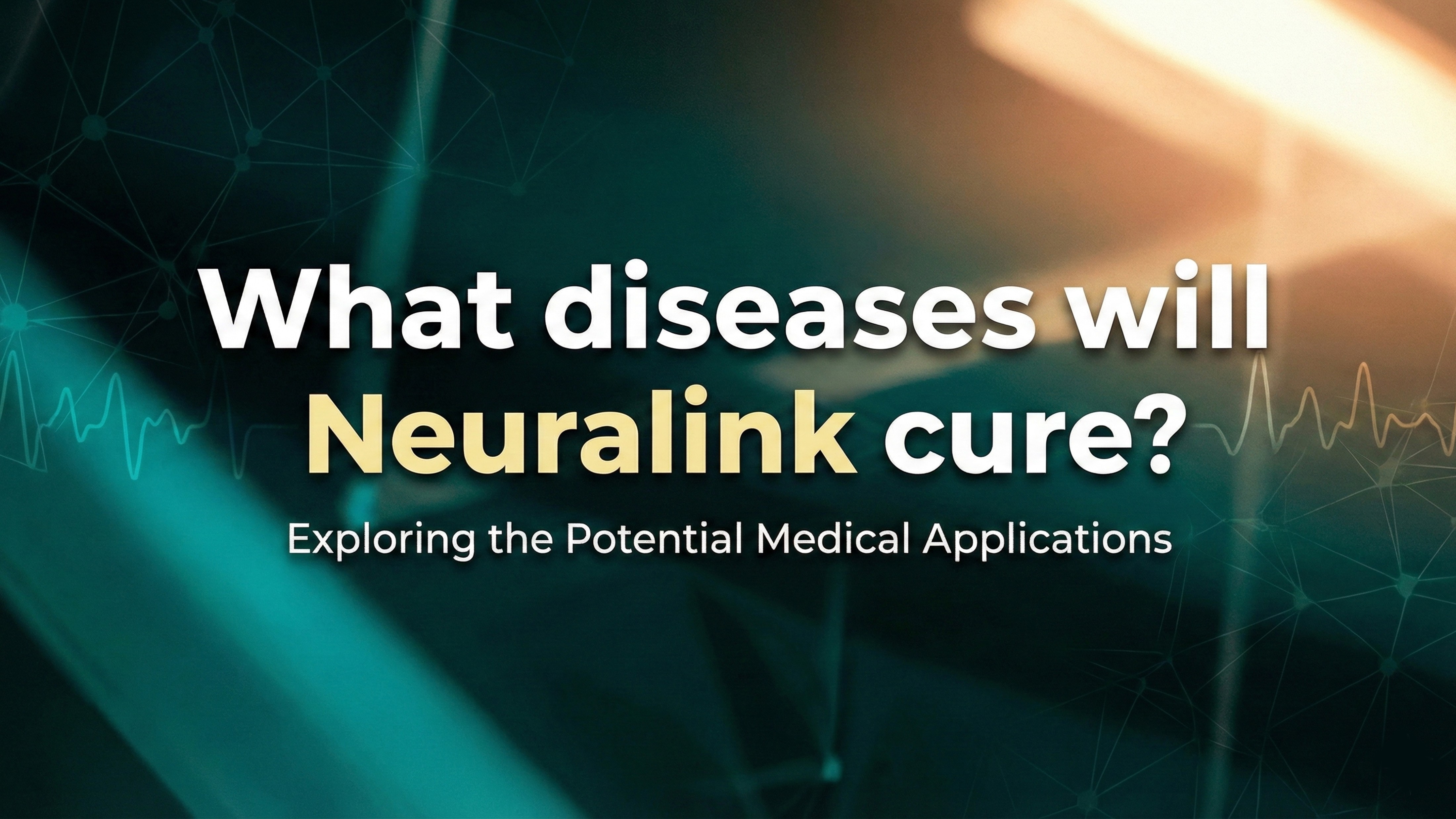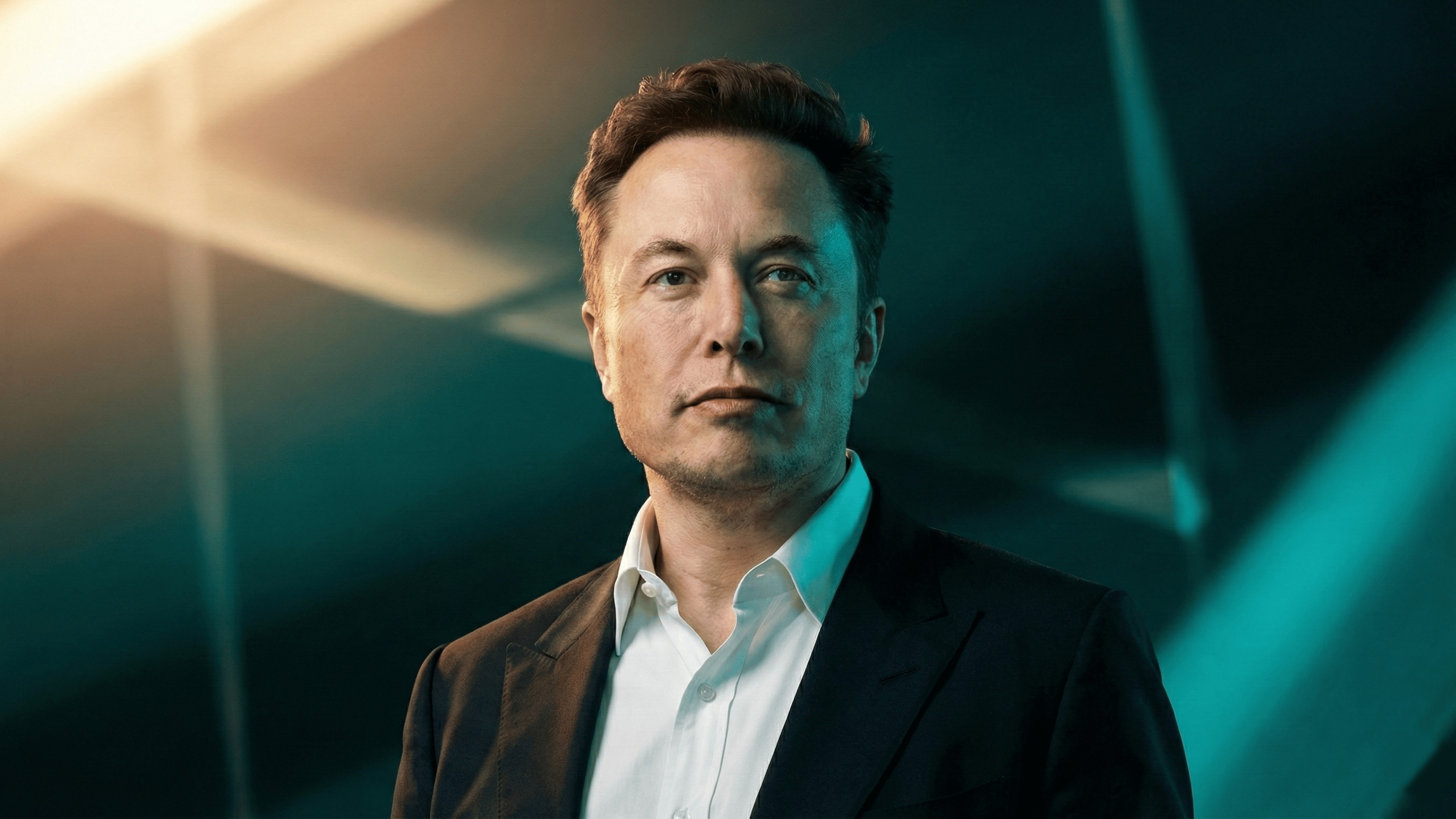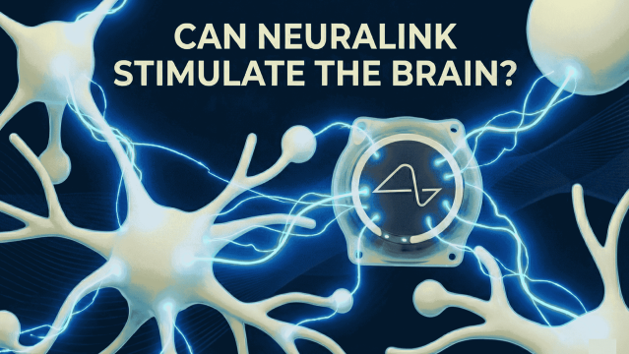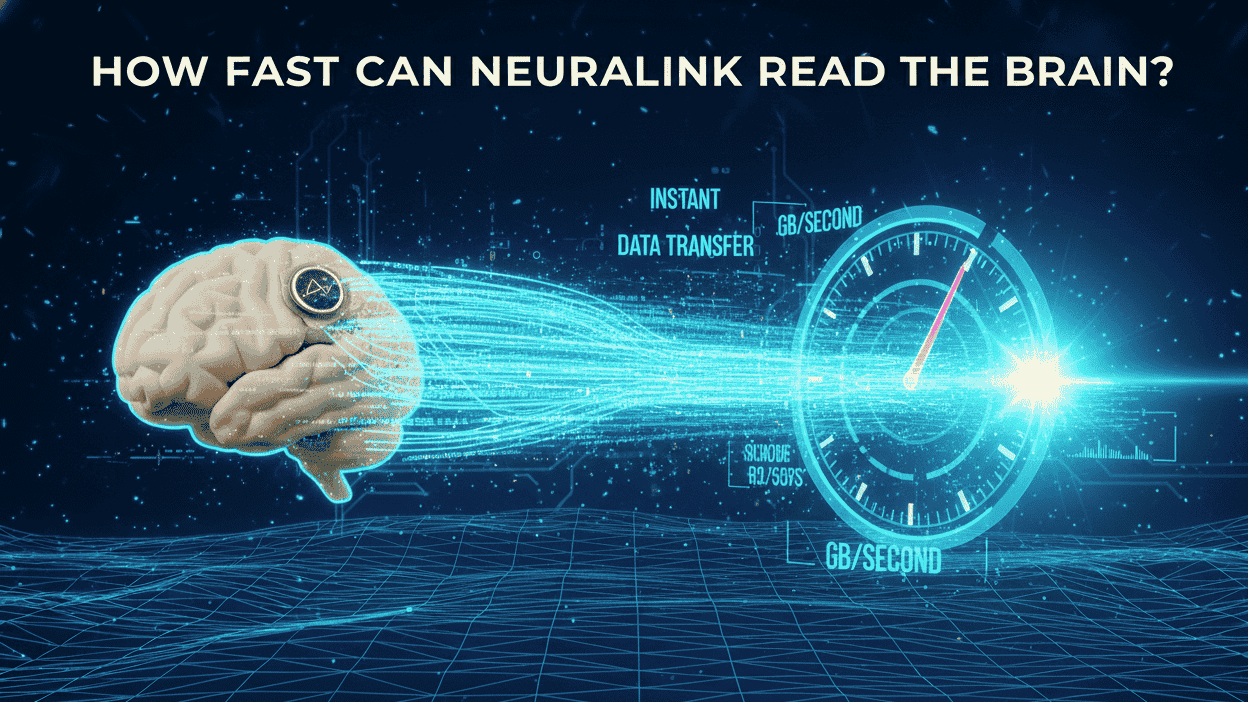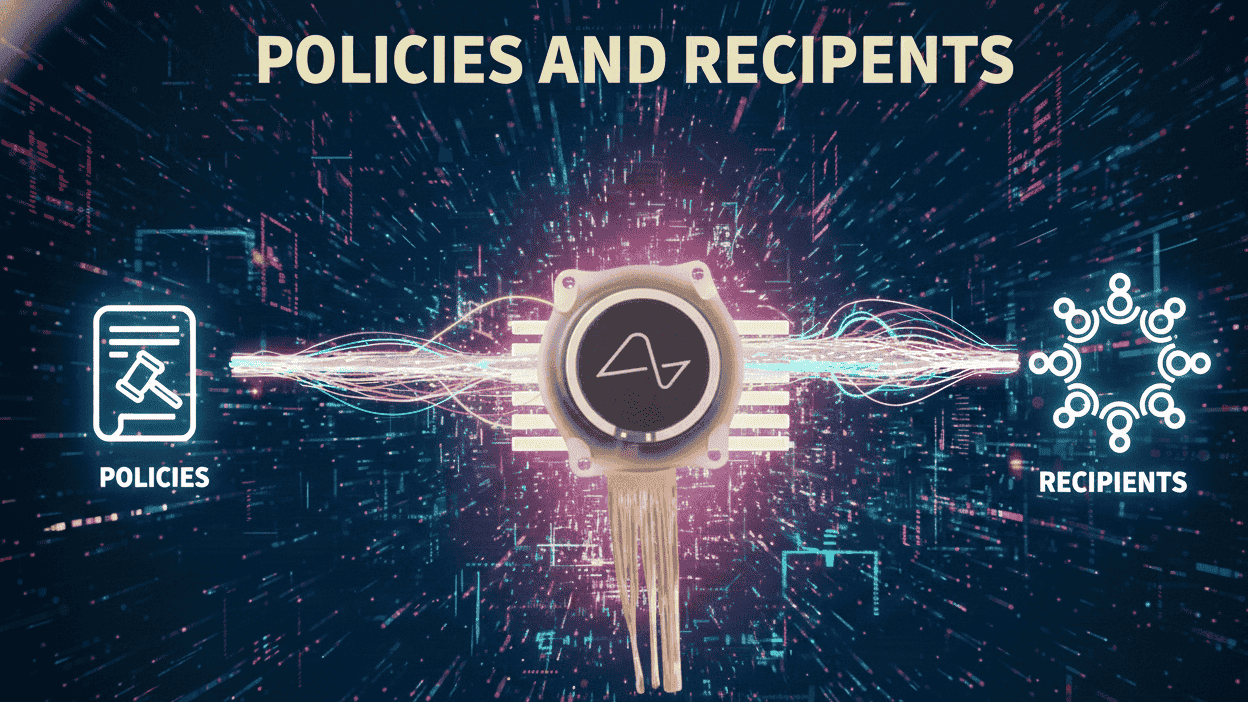- Neuralink prioritizes medical restoration now while planning enhancements for able-bodied people to ensure everyone keeps pace with advancing AI.
- Elon Musk designs the brain implant for mass production and affordability, aiming to provide superhuman abilities like telepathy and instant learning to all.
- Future implications include a strengthened humanity capable of multiplanetary life, with safeguards to prevent inequality through global access.
Neuralink's Shift Toward Human Enhancement
Neuralink brain implant starts with helping paralyzed individuals regain digital and physical control. As of October 31, 2025, four patients use the N1 device daily for tasks like web browsing, gaming, and robotic arm operation. Patient Noland Arbaugh, the first recipient, now studies neuroscience and delivers keynotes purely through thought. Elon Musk announced Noland may receive the first upgrade or dual implant soon, enabling reaction times to surpass human limits in video games.
This progress sets the stage for able-bodied applications. Elon Musk founded Neuralink in 2016 to achieve human-AI symbiosis, where implants provide high-bandwidth links for seamless interaction. Early demonstrations with monkeys playing Pong evolved to humans outperforming baselines. The company's PRIME and CONVOY studies validate safety, paving the way for broader use.
Future versions target 10,000 channels per implant, supporting Blindsight for superhuman vision and telepathy for mind-to-mind communication. These capabilities move beyond restoration to augmentation, allowing instant skill downloads and AI-assisted cognition.
Elon Musk's Vision for Universal Symbiosis
Elon Musk warns that AI will exceed human intelligence soon, risking obsolescence without interfaces. Neuralink addresses this by making enhancements available to everyone, not just the wealthy. In presentations, Musk outlines scalable manufacturing like Tesla's, driving costs down over time.
The global Patient Registry at neuralink.com/trials/ already has over 10,000 sign-ups worldwide. Trials expand to the UK, Canada, UAE, with Australia and EU next in 2026. Post-FDA approval for medical use, able-bodied trials follow, ensuring equitable rollout.
Musk emphasizes consent and reversibility. Implants use flexible threads inserted by the R1 robot, minimizing risks. Patients like Paul Hutchings in the UK controlled computers hours after surgery, showing quick adaptation. This reliability supports mass adoption, where enhancements become as common as smartphones.
Addressing Inequality and Access Challenges
Concerns arise that Neuralink could favor elites, widening gaps. Discussions highlight risks of "enhanced" versus "unenhanced" divides, similar to smartphone access today. However, Elon Musk's track record counters this. Tesla made electric vehicles affordable, and Starlink connects remote areas.
Neuralink plans subsidies and insurance coverage for medical cases first, transitioning to consumer pricing. Open-source elements for decoders encourage competition, lowering barriers. Global trials test diverse populations, informing inclusive designs.
Regulatory frameworks evolve too. FDA and MHRA approvals focus on safety, with mental privacy laws emerging. Patents include secure protocols, protecting users from unauthorized access.
Societal and Cosmic Implications
Widespread adoption transforms society positively. Enhanced cognition accelerates innovation in science, medicine, and engineering. Telepathy streamlines collaboration, reducing misunderstandings. Paired with Tesla Optimus robots, users gain physical extensions for labor-intensive tasks.
Elon Musk ties this to SpaceX goals. Augmented brains handle Mars complexities, enabling multiplanetary humanity. Superhuman vision via Blindsight aids exploration, while high-bandwidth AI links solve cosmic puzzles.
No elite forms; instead, a collective uplift occurs. Early adopters pioneer, but scalability ensures catch-up. By 2030, billions could access upgrades, fostering unity against existential risks.
TL;DR
Neuralink brain implant evolves from paralysis aid to universal enhancement under Elon Musk's guidance, with Noland's potential dual implant signaling superhuman gaming prowess by 2026. Plans for affordable, global access prevent inequality, delivering telepathy, instant learning, and AI symbiosis to all. Future implications empower humanity for innovation and space travel, creating a resilient species rather than an elite few. With 15,000 incident-free hours and expanding trials, Neuralink positions everyone for an augmented tomorrow.
